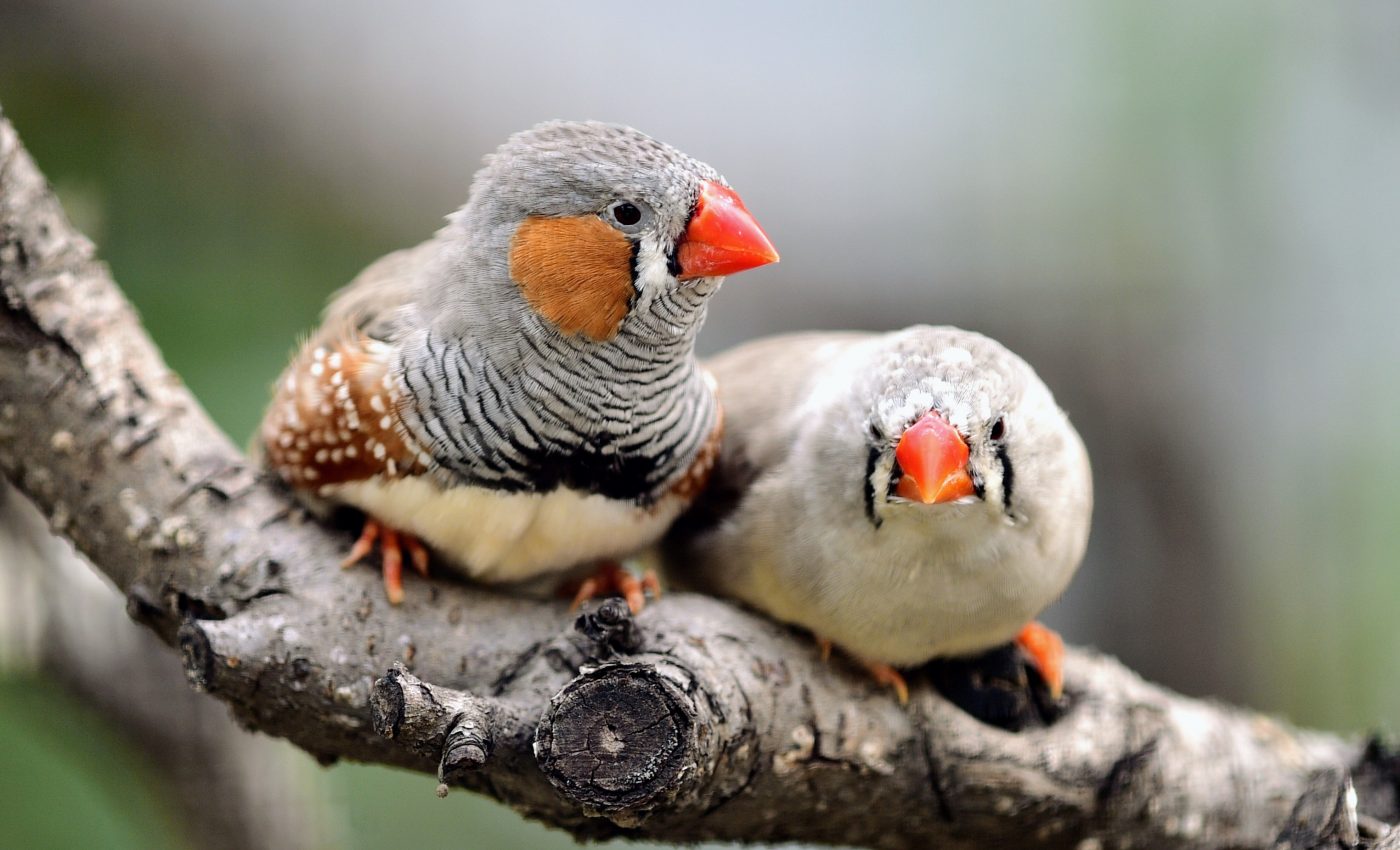
Sound cues help embryos prepare for the outside environment
In a new study published by Cell Press, researchers have discovered that the embryos of many different animal species rely on acoustic signals during development in a phenomenon that they refer to as “acoustic developmental programming.” The embryos are essentially dependent upon sound cues to prepare them for the outside world.
“Acoustic developmental programming occurs when a sound informs embryos about the environment they’ll encounter postnatally and changes their development to better suit this environment,” said study lead author Mylene Mariette, a postdoctoral researcher at Deakin University.
While the scientific evidence is just now becoming established, this newly discovered phenomenon seems to be rather widespread among animals, explained the experts.
“We have found evidence of this happening in birds, where parental calls can warn embryos about heatwaves or predators,” said Mariette. “Before that, there was also evidence that cricket nymphs use male songs to predict the level of competition for mates. However, what is most striking from the evidence we’ve gathered is how common it is for embryos across species to rely on sound information.”
“For example, across all animal groups that lay eggs, such as insects, frogs, reptiles and birds, embryos use sound or vibration to know when the best time is to hatch. This suggests that acoustic developmental programming is likely to happen in many animal species and for a whole range of conditions. But, until recently, we did not know it was happening.”
Mariette became interested in acoustic developmental programming while studying how zebra finch parents communicate to coordinate their parental duties. “I noticed that when a parent was alone incubating, it would sometimes produce a strange high-pitched call.”
To investigate whether the calls had implications for the developing embryos, Mariette captured audio recordings in nests and played them to eggs incubated artificially in the lab.
The study revealed that the finch parents were producing specific calls when it was very hot out. The nestlings inside of the eggs respond by adjusting their development to prepare for the heat.
“I became very curious about how just hearing a sound before hatching could alter development,” said Mariette.
She started searching for documented evidence of embryos using sound in other animals. While it is not yet clear exactly how it works, the new report describes some potential mechanisms.
“In crickets, when developing nymphs hear many sexy songs, female develop quickly to make the most of the opportunity, whereas males delay metamorphosis to grow bigger and invest more in reproduction,” said Mariette.
“In zebra finches, embryos exposed to parental heat calls grow less to reduce the physiological damage of heat exposure, which then allows them to produce more babies at adulthood. But embryos cannot decide to change their development, it just happens. This is because sound directly impacts behavior and physiology, without any conscious processing.”
“This is why, for example, music triggers spontaneous emotions of sadness or happiness, without us having to remember which movie that soundtrack came from, or in fact without us even noticing our reaction to the music.”
“It seems to occur on its own, because there are direct connections in the brain between the auditory pathway and the areas that control emotion, reflex learning, and hormone production, so the higher cortical areas do not need to decode the information.”
Mariette explained that sound experienced early in life could trigger the same spontaneous reactions and, in fact, have long-lasting effects, because this is when the brain is developing and consolidating connections. “For the same reason, the downstream effects on physiology and then morphology can persist for life.”
The researchers will continue to study the physiological traits in zebra finches that may be affected by heat-calls. “It is quite amazing that sound alone can prepare babies for heat, particularly given the alarming rate of climate change.”
The study is published in the journal Trends in Ecology & Evolution.
–—
By Chrissy Sexton, Earth.com Staff Writer













